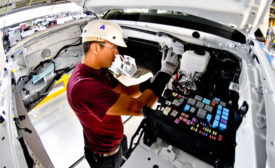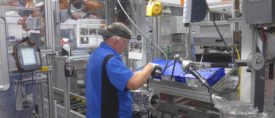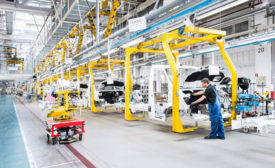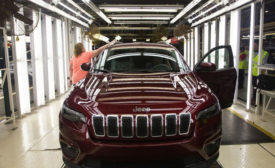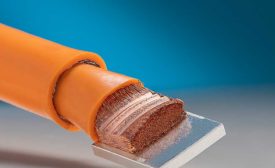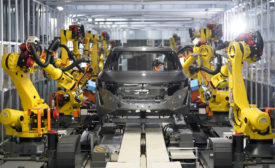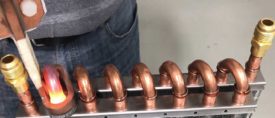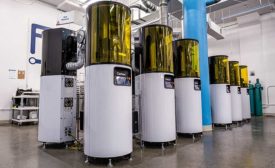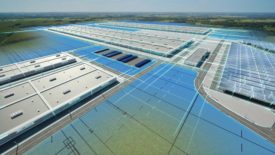Automotive Assembly
2021 Assembly Plant of the Year: GKN Drives Transformation With New Culture, Processes and Tools
A two-year-long continuous improvement initiative pays off in Newton, NC.
October 13, 2021
Welding Large-Diameter Cable
Joining the large conductors used to quickly charge electric vehicle batteries will require a new and more reliable approach to ultrasonic welding.
October 12, 2021
Induction Brazing
Induction brazing is faster, safer, greener and more repeatable than other brazing methods.
October 5, 2021
Electric Vehicle Manufacturers Explore 3D Printing
Fast Radius Sees Printed Parts as Key to Successful EV Manufacturing
September 29, 2021
Never miss the latest news and trends driving the manufacturing industry
Stay in the know on the latest assembly trends.
JOIN TODAY!Copyright ©2024. All Rights Reserved BNP Media.
Design, CMS, Hosting & Web Development :: ePublishing
